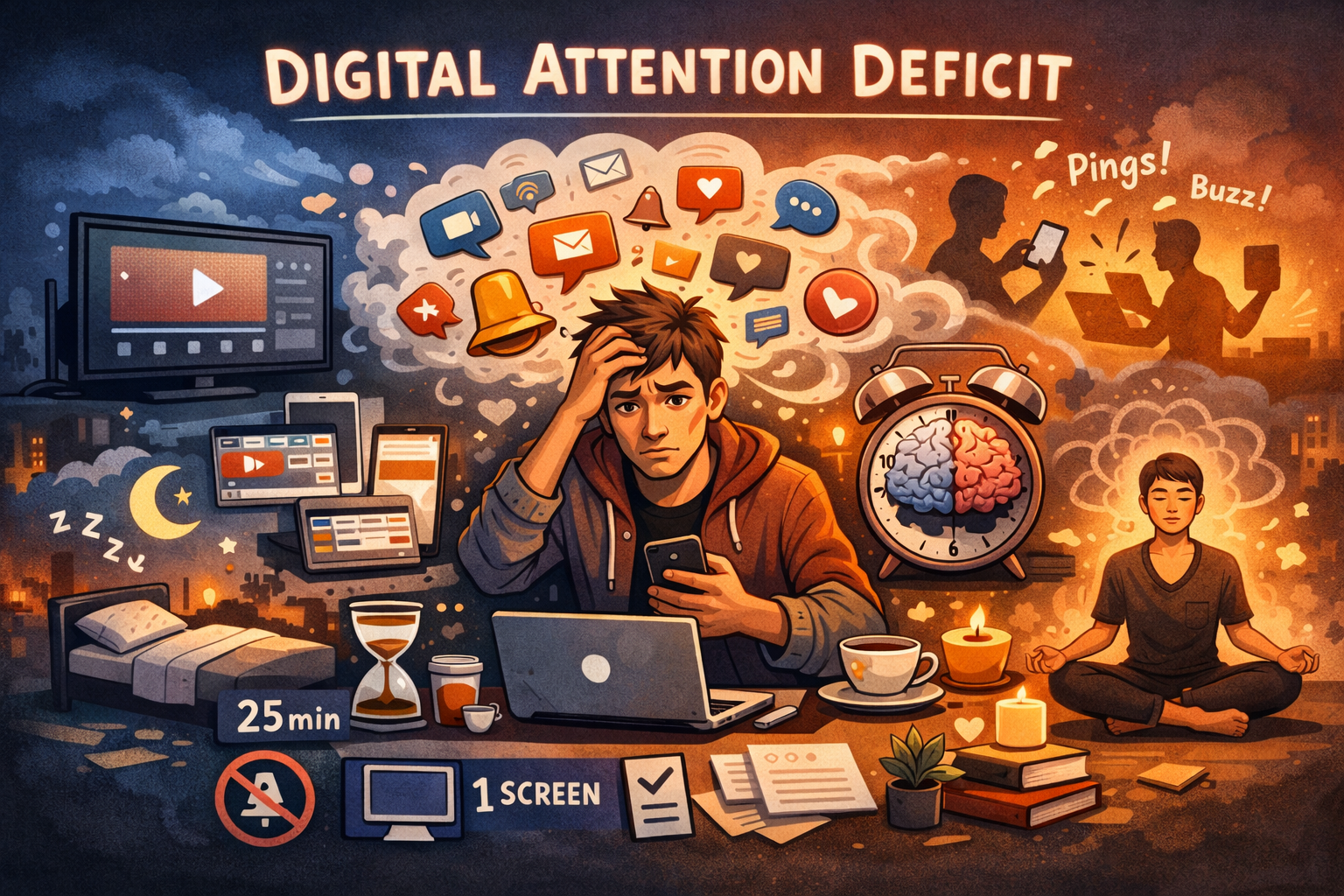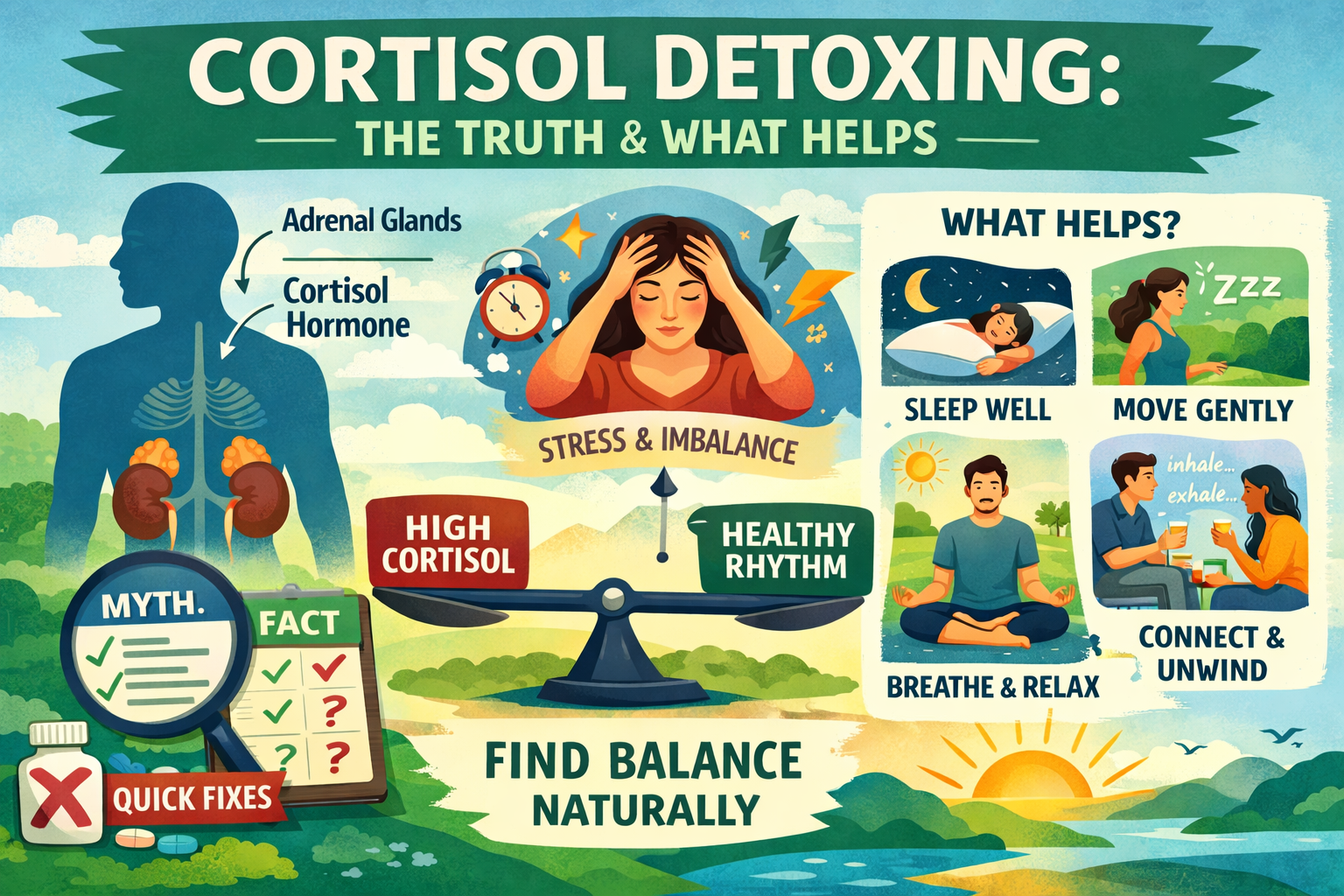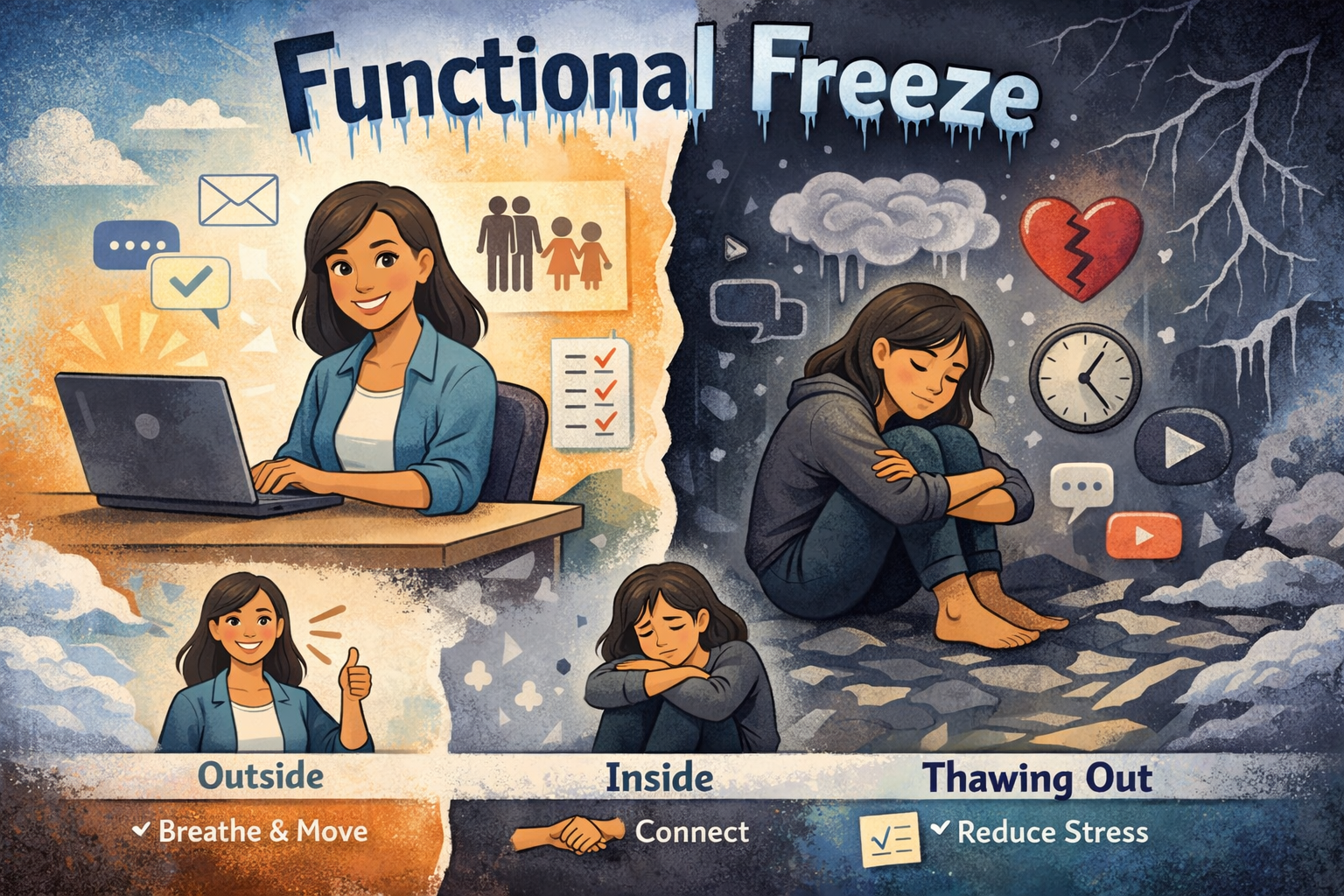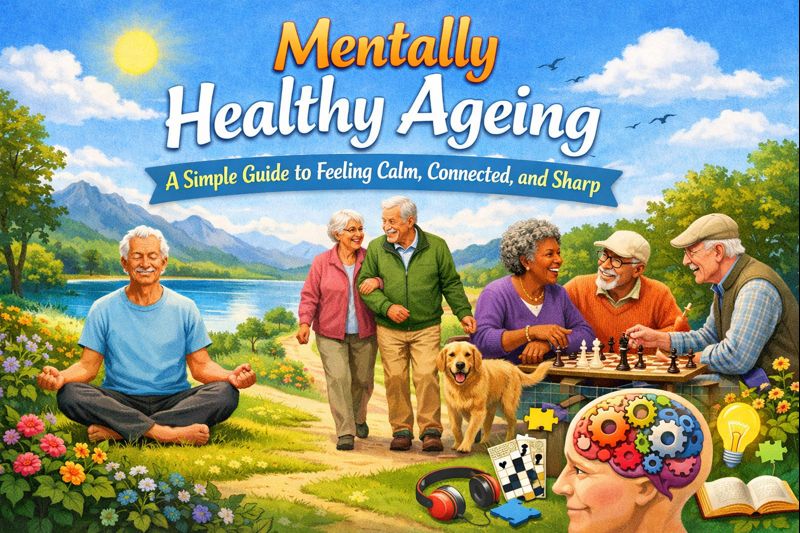Summary: Negative Feelings
Managing negative emotions is a learnable skill backed by research. The article outlines practical strategies including breathing exercises, emotion labelling, and physical movement. Expert insights highlight how understanding emotions as signals rather than threats helps in processing them. Key techniques include early recognition of physical signs, specific emotion naming, and self-compassion. Studies show these methods can reduce stress symptoms by 40% and emotional intensity by 50%. Regular practice of these strategies leads to improved life satisfaction and relationships over time. The goal isn't eliminating negative emotions but developing a healthier relationship with them to improve mental health and wellness.
Understanding Negative Emotions
Negative emotions are part of being human. They show up uninvited and can feel overwhelming. But research shows we can learn to manage them better.
Dr. Sarah Martinez, a clinical psychologist at Stanford University, explains: "Negative emotions aren't our enemies. They're signals that help us understand what matters to us. The key is learning to respond to them skilfully rather than react automatically."
A groundbreaking 2023 study in the Journal of Clinical Psychology found that people who practice emotional awareness techniques experience 40% fewer stress symptoms. The research followed 500 participants over six months.
Recognizing Emotions Early
The first step is recognizing emotions early. Notice physical signs like a racing heart or tense shoulders. These body signals often come before intense feelings hit.
Effective Strategies for Managing Negative Emotions
1. Practice Deep Breathing
Simple breathing exercises can calm your nervous system. Take five slow breaths, counting to four on each inhale and exhale. Research from UCLA's Mindful Awareness Research Centre shows this reduces anxiety levels within minutes.
2. Label Your Emotions Specifically
Name your emotions specifically. Instead of just "bad," identify if you are feeling frustrated, disappointed, or scared. A 2021 study in the journal Emotion revealed that people who label their feelings precisely recover from emotional upsets faster.
"When we name our emotions accurately, we start to feel more in control," says Dr. James Chen, neuroscientist at Harvard Medical School. "It's like turning on a light in a dark room – suddenly things feel more manageable."
3. Use Movement to Process Emotions
Movement helps process difficult feelings. Take a walk, stretch, or dance. Physical activity releases endorphins that naturally lift your mood. The American Psychological Association reports that just 10 minutes of movement can shift emotional states.
4. Try Expressive Writing
Writing works too. Spend five minutes describing your feelings in a journal. Don't judge or analyze – just express them honestly. Research shows this reduces emotional intensity by 50% within 15 minutes.
5. Understand the Wave Nature of Emotions
Remember that emotions come in waves. They build, peak, and naturally fade if we don't fight them. Most emotional episodes last 60-90 seconds if we breathe through them.
6. Create a Calm-Down Kit
Create a calm-down kit with items that soothe your senses. Include something to smell (lavender), touch (stress ball), taste (mint tea), hear (peaceful music), and see (photos of happy memories).
7. Practice Self-Compassion
Practice self-compassion when big feelings hit. Talk to yourself like you'd talk to a friend who's struggling. Self-criticism makes negative emotions stronger.
8. Build a Support Network
Build a support network. Share feelings with trusted people. Human connection releases oxytocin, which helps regulate emotions. Studies show people who regularly talk about their feelings have better emotional resilience.
9. Maintain Healthy Lifestyle Habits
Develop healthy habits that support emotional balance. Get enough sleep, eat regular meals, limit alcohol and caffeine. These basics help prevent emotional flooding.
10. Seek Professional Help When Needed
Consider professional help if negative emotions feel too big to handle alone, consider online therapy counseling. Therapy provides tools and support for processing difficult feelings effectively.
Building a Healthier Relationship with Emotions
Remember that managing emotions is a skill that grows stronger with practice. Start small. Celebrate progress. Be patient with yourself as you learn.
The goal isn't to eliminate negative emotions – that's impossible and unhealthy. The aim is building a healthier relationship with all your feelings, including the uncomfortable ones.
Regular practice of these techniques creates lasting change. A 2022 longitudinal study in Psychological Science showed that people who consistently used emotional management strategies reported greater life satisfaction and better relationships after one year.
Your feelings matter. They deserve attention and care. With time and practice, you can learn to navigate even the biggest emotional storms with more confidence and skill.
Are you looking for inner peace, deep relaxation or holistic solutions for mental health? Visit http://themindtherapy.in - your space for online counselling/therapy, free mental health tests, meditation, sound therapy etc.
Mind Therapy is India's trusted platform for mental health, mindfulness, and holistic healing. Explore expert-led programs, guided meditation, sound therapy and counselling at http://themindtherapy.in














